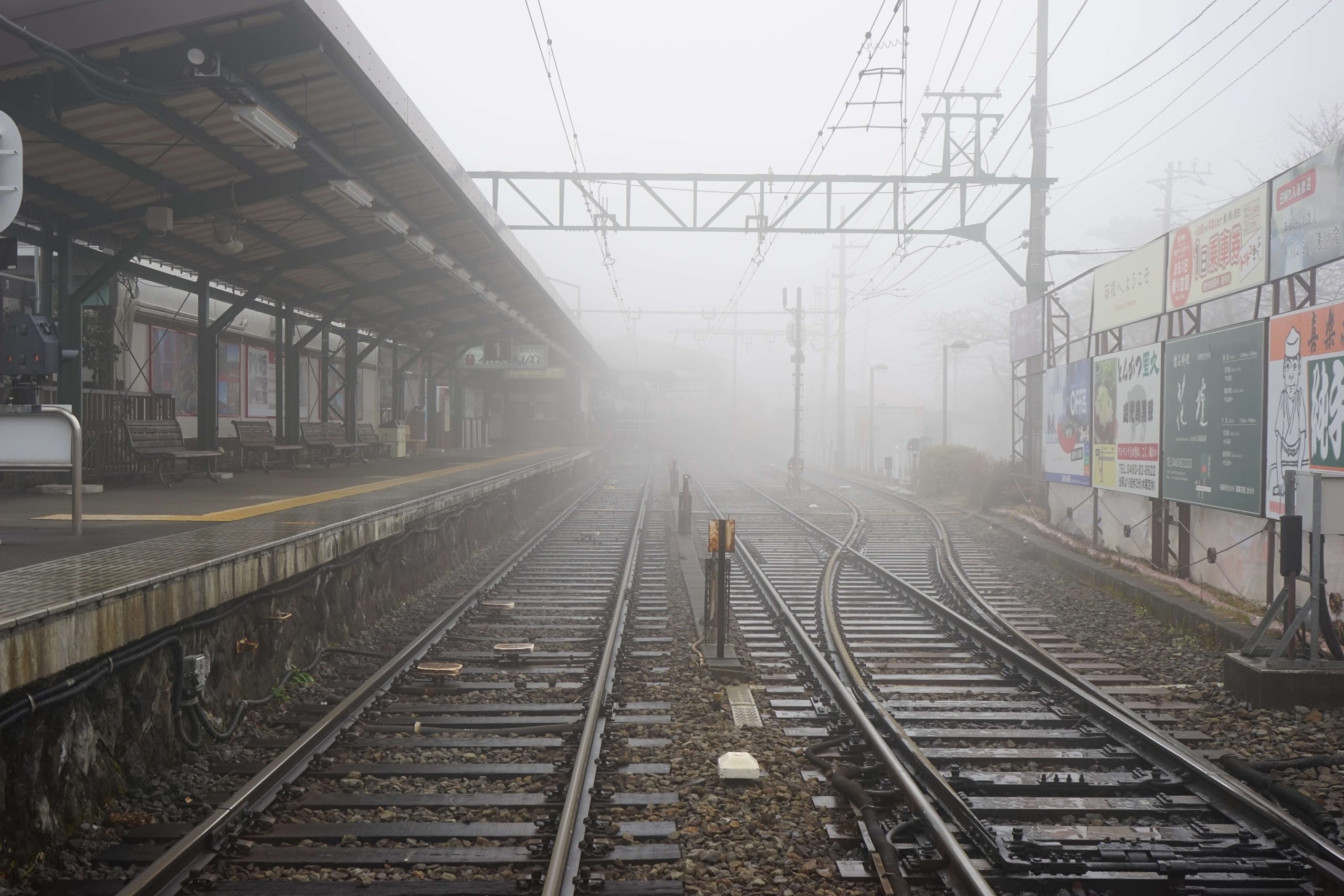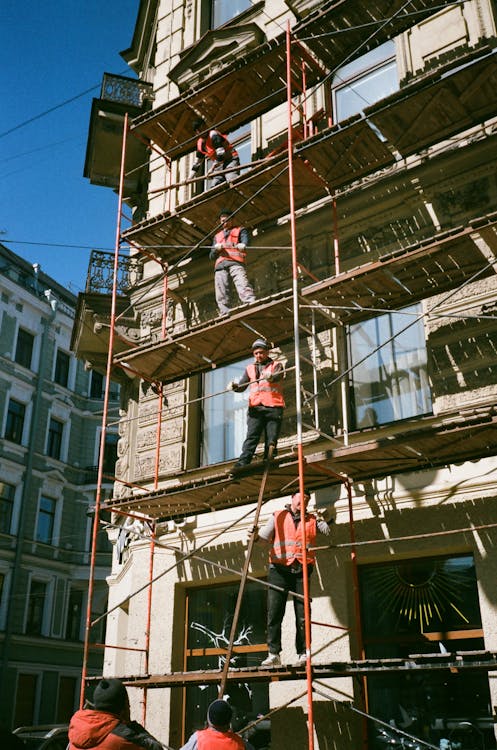Starting a career in the rail industry

Rail is a vital part of the UK’s transport network, transporting millions of people every day. Network Rail has recently pledged to invest £38m in upgrading the UK rail network, and a large number of new jobs will be created to support this investment.
It’s an exciting industry to work in, with constant technological development and job opportunities across the country. Job opportunities in the rail industry not only offer long-term career options but come with several perks including travel, financial security, and training.
If you’re interested in pursuing a career in rail, this blog will tell you all about different jobs in the industry, how to get your PTS, and tips to help kickstart your journey. Read on to find out more!
What are the different types of jobs in the rail industry?
There are several different roles and job types available in the rail industry. The main sectors include Engineering, Operations, Maintenance, and Professional Services, and each sector has job vacancies and fantastic career opportunities available. All of these jobs require high levels of skill and qualification, and all include people from diverse backgrounds ranging from engineering knowledge to customer service experience.
Different jobs in the rail industry involve different tasks. With the increasing use of technology, UK rail networks have become one of the most technologically advanced industries in the world. Therefore, the jobs associated with the rail industry involve a variety of responsibilities such as planning, designing, operating and management of railway systems.
Railway engineering jobs
An engineering career in the rail sector is a diverse and exciting job prospect, covering all elements of engineering from design to mechanical and electrical engineering to constantly improve the UK’s rail network.
That means engineers in the rail sector work on a range of projects from laying new networks to implementing and updating modern digital systems. Engineers are also heavily involved with station restorations and upgrades, as well as new builds.
Operations roles in the rail industry
Responsible for the day-to-day running of the network, operations roles are one of the most rewarding rail industry jobs. Operations jobs cover everything that makes the rail network run smoothly such as train dispatcher, freight conductor, and signaller roles, as well as teams that ensure the network is kept running and continues to operate safely. This includes incident response teams that safely reopen any part of the network that has become blocked or in need of immediate repair, level crossing managers, and customer service teams at stations.
Maintenance jobs on the railway
Maintenance jobs play a vital role in keeping the rail network running safely and smoothly. From track workers who carry out regular inspections and maintenance to cleaning teams that keep stations and trains clean, there are lots of different roles available. Maintenance jobs also cover roles such as overhead line maintenance, which is responsible for inspecting and maintaining the cables that power electric trains, as well as teams that clear leaves from tracks in autumn to prevent delays.
Professional services careers on the railway
The rail industry can also offer a career in professional services, covering a wide range of non-operational railway jobs including HR, marketing, legal, and finance, that look after the day-to-day upkeep of the rail network.
How do I get a job in the rail industry?
Start by researching the job market and looking for open positions. This will give you an idea of the types of rail jobs available and help you narrow down your field of interest. We have a list of vacancies available on our website, or you can even set up job alerts that meet your specific criteria, such as job type and location.
Once you have decided on the role you feel is right for you, take relevant training courses to gain experience and qualifications. This will help you gain valuable experience in the rail industry and develop skills that are highly sought after in the job market.
Get your safety certification and complete other required certifications. Doing so will demonstrate your commitment to the rail industry and show employers that you are willing to go the extra mile for them.
Finally, where possible try to network with people in the rail industry to learn more about potential job opportunities. By doing this, you can learn about the industry’s latest developments and career pathways, giving you a better idea of which rail jobs best suit your interest and skills.
How to get your PTS
If you’re interested in a career in the rail industry, it’s important to understand the Personal Track Safety (PTS) requirements. To obtain a Personal Track Safety card, you must be able to demonstrate your fitness to work on railway networks. This includes having good balance, coordination, and physical strength. You can do this by completing an approved PTS training course and passing assessments during your training.
You may also apply for a Personal Track Safety card if you have worked as a railway network employee for at least one year.
To keep your PTS up to date with regular refresher courses and renewals as required, make sure you follow the steps outlined in your PTS training program and relevant railway regulations.
Find my ideal railway job
Railway jobs are always in demand and offer a variety of exciting job roles. If you’re thinking of starting a rail career, then it’s time to take the first step. At PPR Recruitment we have excellent relationships with the UK’s biggest rail operators, including London Underground, Network Rail, Crossrail, and HS2 and we have supplied a number of successful highly skilled applicants for various positions across the rail industry.
Take a look at our latest job listings to see what roles are currently available, or set up an email alert to be the first to know when a new position becomes available. Alternatively, give us a call on 01895 808188 and one of our friendly staff will be happy to help you find your perfect next role.
Happy job hunting!
Related content: Is it easy to get a job in railway?
Related content: How to kickstart your career in rail through Premier People Recruitment







